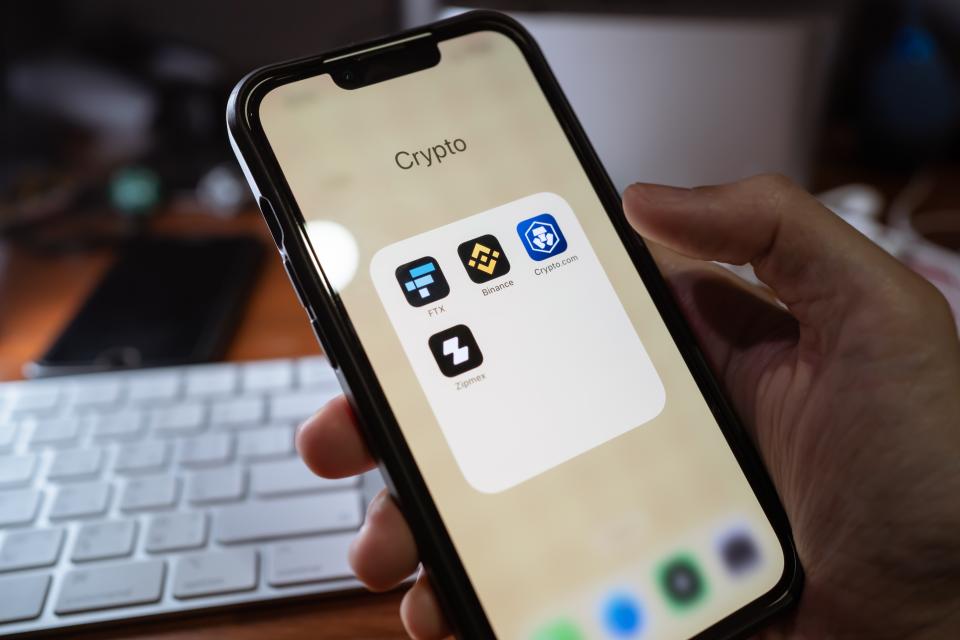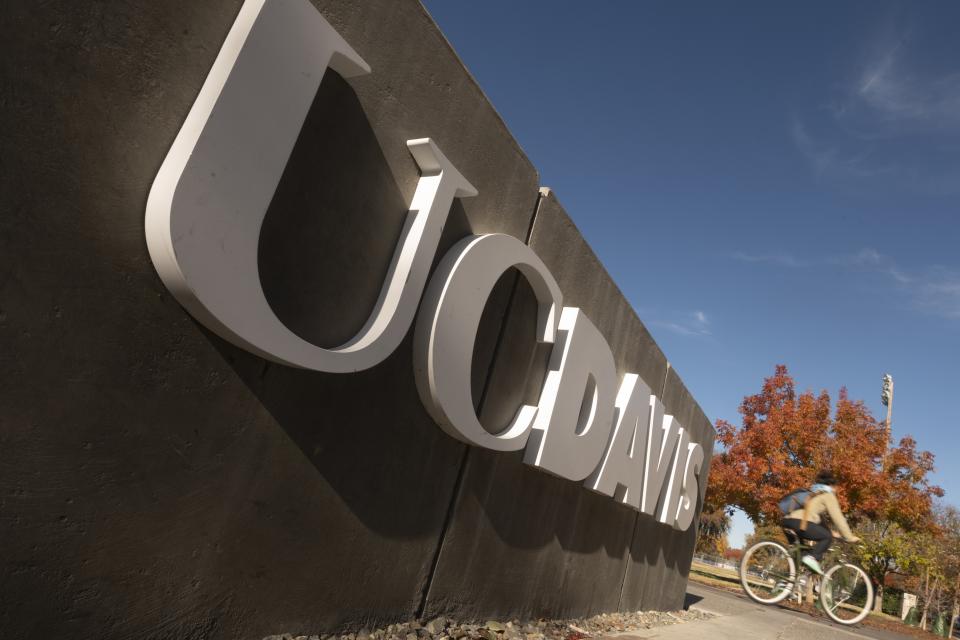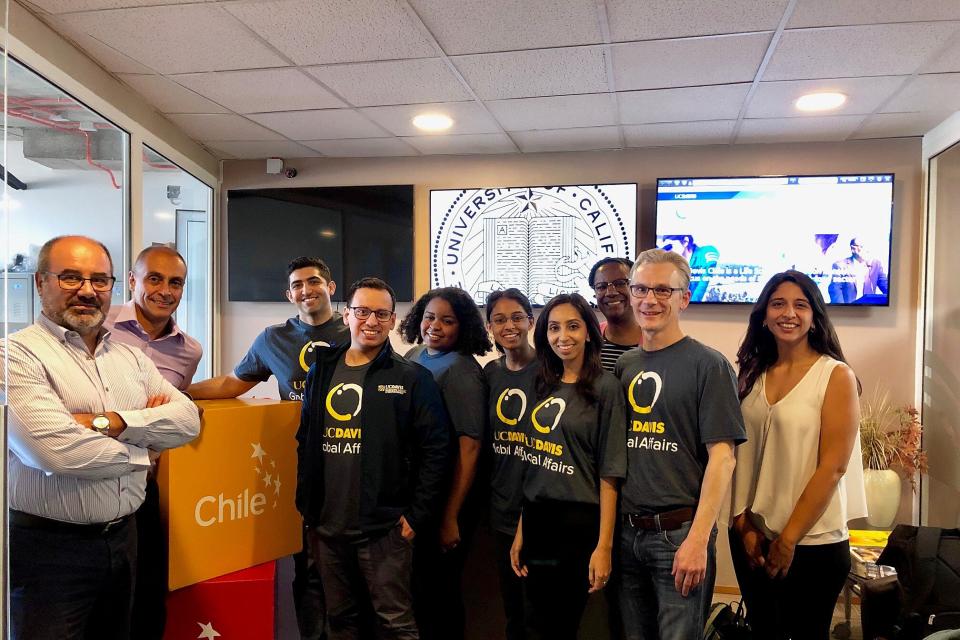Client Turns to Our MBA Team for New Cryptocurrency Market Opportunity
Identifying solutions for international peer-to-peer cash remittance

The majority of consumers who send money across borders are migrant workers who come to the U.S. to provide for their families back home. Many of these workers are cash-preferred consumers and their families back home do not have access to or use banks.
Traditional cash transfers go through popular channels such as Western Union or MoneyGram. The average cost of sending a remittance globally has decreased 2% over the last 10 years. Yet there are opportunities for disruption and potentially new ways of sending money internationally.
For our Full-Time MBA Integrated Management Project, our team explored these opportunities for a large coin-counting service looking to expand into new business lines. Our client company, which requested not to be named here, believes they can capture a substantial share of the cash transfer market by offering the same services using cryptocurrency as the medium of exchange.
The goal for our 10-week, capstone course project was to provide our client with cash or cash-like solutions for remittance off-ramps across three target corridors.
Our MBA team was a diverse group of professionals: Mahir Singh, Cooper Shively, Teagan Towhey and me, the team lead. Together our experience stretched across many industries and areas such as finance, marketing, sales and consulting. Collaborating with team members with different backgrounds and strengths was fulfilling and substantially contributed to our project’s success.
Remittance and Cryptocurrency
First up: We conducted extensive research on the remittance and cryptocurrency markets. The global remittance market generated $630 billion in 2022 and is projected to reach $1.2 trillion by 2030. However, while digital remittances were increasing in popularity, there was still a sizeable cash-based remittance market, which means that many consumers who send and receive remittances use cash as their primary spending mode.
The use of cryptocurrency came with many questions and risks. However, using it as the medium of exchange would provide cheaper and more effective transactions. One of our team members was very knowledgeable about cryptocurrency, and we repeatedly turned to him for clarity on the market.
Drawing on My Military Experience
My background in the U.S. Navy was instrumental to my ability to effectively lead my team through this project. My Navy experiences taught me how to lead teams through mission-critical operations. One of the critical skills that I learned while serving in the military—and found helpful for this project—was operational risk management (ORM). It is a five-step process to ensure the successful completion of all operations with minimum risk.
The five ORM steps are:
- Identify Hazards: Any condition with the potential to negatively impact the mission.
- Assess the Hazards: Assessing the severity of each condition
- Make Risk Decisions: Determine if the risk is acceptable.
- Implement Controls: Clearly articulate the plan to all involved personnel.
- Supervise: Determine the effectiveness of risk controls throughout the mission.
The combination of ORM and collaborative leadership were vital to our success. We identified three primary conditions that would negatively impact a successful mission: the seamless process of using cryptocurrency for remittance.
- Is crypto suited for peer-to-peer usage?
- Will the end recipient receive the money in a format they can use?
- Is the supply chain ready to handle cryptocurrency?
- There is a large population of receiving entities that are unbanked. (>50%)
- Cryptocurrency is highly volatile.
- Will the value of the remittance be the same end-to-end?
Sending cryptocurrency to individuals without banks would leave families no way to withdraw the funds. These weren't customers who wanted to send Dogecoin to the moon. These were customers who needed this allocated cash to provide for their families. If the dollar amount fluctuates before reaching the end user, we would have an unsuccessful operation.
FTX Implosion Added Gas to Fire
During the final weeks of our project, something unordinary happened. Cryptocurrency exchange FTX imploded, filed for bankruptcy and its CEO/founder was arrested and charged with fraud, money laundering and violating campaign finance laws.
This sent the entire cryptocurrency market spiraling downward. We were already facing an uphill battle, and this added gasoline to the fire.
As we navigated the bizarre FTX news, we began looking for alternative solutions. We explored options to help our client gain a competitive edge in this new market.
Bringing Value to Our Client
Fortunately, we identified two solutions for moving money across international borders.
One uses cryptocurrency with partners who would initiate remittance sends, provide off-ramps, and, most importantly, assume the risk of potential losses.
The other involved a network partnership in facilitating the money transfer without cryptocurrency. This method allows access to multiple channels to send funds and provides a viable off-ramp giving recipients immediate access to funds.
The Integrated Management Project gave us a taste of real-world consulting. Although the collapse of FTX was frustrating, it allowed us to adapt to ever-changing market conditions we could not control. Our team was able to overcome last-minute obstacles to deliver a successful recommendation.


